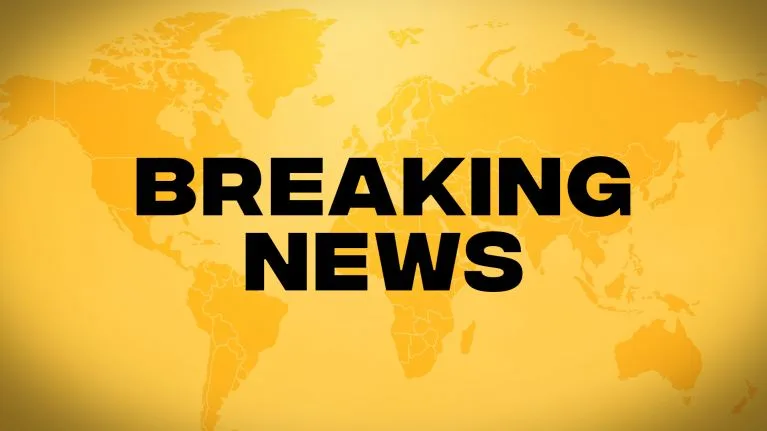On October 3rd last year, England became the first primary host of a Rugby World Cup to fail to make the knockout stages of the tournament.
Coming into the tournament, Stuart Lancaster’s men were among the favourites to lift the Webb Ellis trophy, with many believing home-field advantage would see them through the so-called group of death.
England began the tournament with a 24-point defeat of Fiji, securing a bonus point in the final minute. The next week, England took on a Wales side who were missing several key players to long-term injuries, but the hosts were missing some of their own too.
Most notable was the absence of the 2014/15 England Player of the Year, Jonathan Joseph – an outside centre with blistering pace and soft hands who served as England’s most creative playmaker in Lancaster’s sometimes stilted, conservative gameplan.
His replacement was Sam Burgess, a recent rugby league convert and a controversial World Cup call-up. Joseph and Burgess were team-mates at Bath, where the latter had served primarily as a loose forward rather than a creative fulcrum.
What followed next will live long in the memory of English and Welsh fans alike, as a makeshift Welsh backline – which had been further depleted thanks to injuries during the match itself – launched an astonishing comeback to win the game. Seven days later, Joseph returned but England were eliminated from the tournament after a 33-11 defeat to Australia.
In the aftermath of the tournament, Lancaster lost his job. In came former Australia and Japan coach Eddie Jones, who immediately led England to their first Six Nations Grand Slam since 2003, the same year of England’s sole World Cup victory.
“It was great, obviously with the disappointment of the World Cup to not let it affect us too badly,” says Joseph. “That disappointment, you could argue, maybe spurred us on and that’s why you’ve seen some great performances.”
At 24, Joseph is one of a host of young players making up the core of the current England team, alongside the likes of Owen Farrell and Maro Itoje, as well as his Bath club-mates Anthony Watson and George Ford. But despite this, there isn’t as much hype around the team as there has been in the past.
“I’m only fairly young myself and I haven’t really got much experience in terms of winning Grand Slams before, so it feels how it feels to me. I’m not really sure how it’s supposed to feel. We’re content with how we are.
“It’s probably a good thing that it’s not been blown out of proportion because we’re not happy with just winning that, we want to improve.
“I think we’ve got a nice balance in terms of older heads at the top and steering us in the right direction. We’ve got youthful players coming through and bringing the excitement that everyone wants to see.”
The next step for England is to take on the two teams who ruined their World Cup, as they face Wales at Twickenham on May 29th before a trip down under to take on World Cup runners-up Australia.
While they have already avenged their World Cup humiliation against Wales in this year’s Six Nations, the Wallabies present a different challenge.
England supposedly attempted to lure Australia’s head coach back to Europe after Lancaster’s departure, but Michael Cheika stuck with the Wallabies and this week signed a contract extension to 2019.
Instead, the RFU appointed Eddie Jones who, like Cheika, lead the Aussies to a World Cup final only to fall just short of the main prize.
“With Eddie, he’s very good at coming to you one-on-one and having an honest chat about where you stand and what he expects from you and stuff like that.
“Ideally we’re going to want to come out victories over the test series [against Australia] but we’re going to have to look after our first game first, and that’s against Wales. It’s a big game for us in terms of where we’re at.”
This year is a historic one for the sport of rugby. With the introduction of sevens rugby into the Olympic programme for this summer’s Games in Rio, World Rugby are hoping to grow the profile of the sport outside of the traditional powerhouses.
But despite the temptation of being an Olympian, Joseph says he’s not tempted to tog out for Team GB this August.
“A few people have mentioned that. It would be amazing to go to Rio, no doubt, but I just don’t think it would work… The boys that have been training, doing sevens for the last couple of seasons, they deserve their shot to go out there and represent the country in the Olympics.”
Of course, switching codes from union to sevens is not as easy as it’s often made out to be, with former Wallaby flyhalf Quade Cooper failing to make Australia’s squad for Brazil this year.
“It just shows it’s not a drop down from 15s at all, it’s a sport in it’s own right,” explains Joseph. “They train hard for it. It’s not easy. You know, the fitness levels are very high, the speed work they do is very tough. You can’t just walk into a sevens team and expect it to go well. They deserve to get credit for that.”


















































